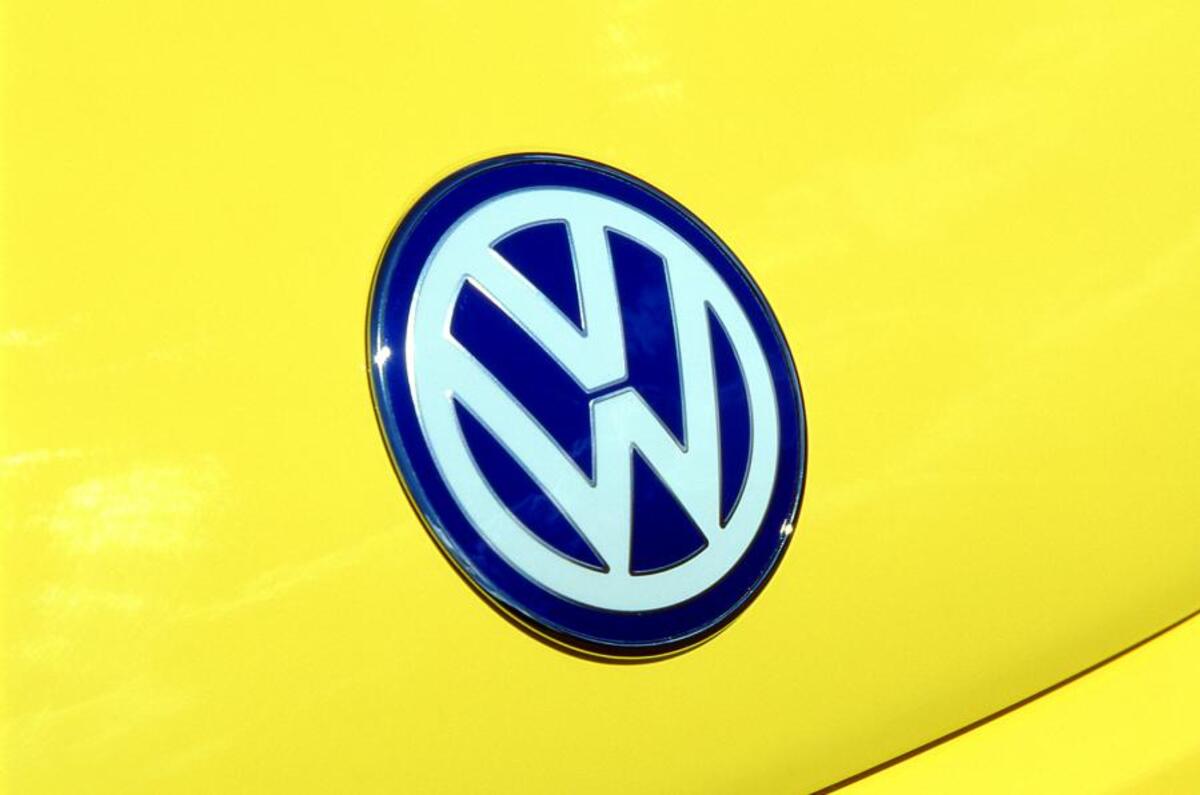Volkswagen's plan to fix the cars affected by its emissions scandal in the US have been rejected by government officials.
In a statement, California's Air Resources Board (CARB) said it has rejected proposals put forward by VW to rectify cars with its 2.0-litre diesel engine, saying the proposals lack detail and contain gaps in information.
The CARB also says that VW's documentation lacks enough information for a "technical evaluation", as well as not addressing "overall impacts on vehicle performance, emissions and safety."
CARB chair Mary D Nichols said: "They continued and compounded the lie, and when they were caught they tried to deny it. The result is thousands of tons of nitrogen oxide that have harmed the health of Californians. They need to make it right."
Volkswagen boss Matthias Müller is due to meet with Gina McCarthy, the head of the United States Environmental Protection Agency (EPA), later today.
A response from Volkswagen stated: "Today's announcement addresses the initial recall plans Volkswagen submitted to CARB in December. We are committed to working co-operatively with CARB and other regulators, and we plan to continue our discussions when we meet with the EPA."
Although the CARB's statement does not openly discuss more financial compensation for US owners, the group says it will "continue its investigation and technical evaluations with the EPA to return the vehicles to legally required emission levels, determine mitigation for past and future environmental harm, and assess penalties."
Although this rejection only applies to VW's fix for 2.0-litre engines, a fix for the firm's 3.0-litre engines is due to be submitted to CARB next month.
This rejection has formed part of questions being put to VW's UK boss Paul Willis today, who has appeared before the Transport Select Committee to give more evidence on the scandal. Willis, who already gave evidence in October, confirmed that UK owners affected by the scandal won't receive compensation like those in the US, "because it's a completely different situation in the UK and Europe. Unlike the US, we have an agreement and a solution here."
Owners in the US have been offered a 'goodwill' package, but Willis believes compensation funds in this country should be used to ensure the uptake of the firm's technical fixes.





Join the debate
Add your comment
One very large difference
In the US, the historical emphasis has been on "pollution". And by that I mean things like particulates (cancer), ozone (smog) and other things. But not CO2.
Pollution in the US used to be be actually way worse back in the day. But it was the US that first brought in things like unleaded petrol and the catalytic converter because they helped addressed the pollution issues.
Cities that have imposed temporary car bans (e.g. Milan, New Delhi, Paris) have done so because of pollution issues, not CO2.
When people visit the US from the EU, they're often surprised to see so few diesels. And the reason is that its hard to get diesels to pass US emissions. By their nature, they generate a lot of pollution (I'm talking about particulates/etc.) and they're expensive to get them to comply (e.g. UREA injection systems, etc.).
The reason I mention all this is that in the above comments, many people comment on CO2 emissions. But historically it's not been that important in the US (not arguing the validity of that position, just stating the facts on the ground). The US laws have been much more focused on pollution.
Just an FYI...
VW's attitude stinks ....
VW's attitude stinks ....